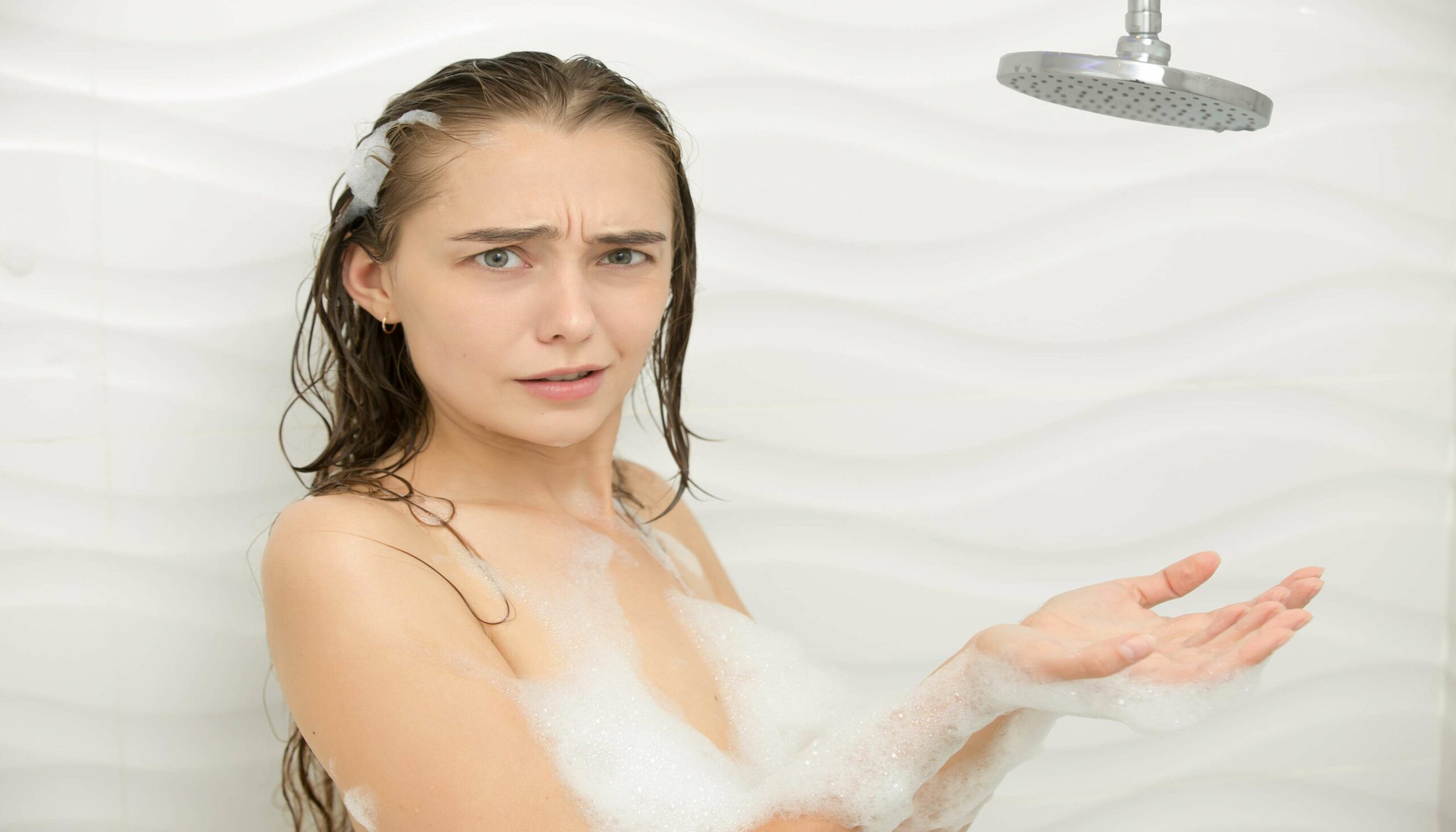
In the realm of bathroom design and renovation, waterproofing stands as the unsung hero, quietly ensuring the structural integrity and longevity of your shower area. Yet, it often remains overlooked until leaks or water damage become apparent. In this comprehensive guide, we delve into the significance of bathroom waterproofing, with a special focus on shower areas. By understanding the importance of proper waterproofing techniques and materials, you can safeguard your investment, prevent costly shower base repairs, and enjoy a durable, worry-free bathroom for years to come.
Understanding the Importance of Waterproofing
Waterproofing serves as the first line of defense against moisture infiltration, which can lead to a host of issues including mold growth, deterioration of building materials, and structural damage. In a bathroom setting, where water exposure is inevitable, effective waterproofing becomes paramount. Without adequate protection, even the most meticulously designed shower can succumb to leaks, compromising not only the aesthetic appeal but also the safety and functionality of the space.
Common Causes of Shower Leaks
Before delving into the specifics of waterproofing solutions, it’s crucial to identify the common culprits behind shower leaks. These include:
Poor Installation:
Incorrectly installed tiles, grout, or waterproofing membranes can create vulnerabilities in the shower enclosure, allowing water to penetrate through gaps or cracks.
Degraded Sealants:
Over time, the sealant around joints, seams, or around fixtures may deteriorate, losing its ability to prevent water infiltration.
Cracks and Damage:
Cracks in tiles, grout lines, or the shower pan can provide pathways for water to seep into the underlying substrate, leading to leaks and potential water damage.
Inadequate Waterproofing:
Insufficient or improper waterproofing measures, such as using low-quality waterproofing membranes or failing to install them correctly, can leave the shower area vulnerable to leaks.
Poor Drainage:
Improper slope or blocked drains can cause water to accumulate in the shower enclosure rather than draining properly. Standing water increases the risk of leaks and water damage over time.
Missing or Damaged Grout:
Missing or damaged grout between tiles can allow water to penetrate the substrate beneath, leading to leaks and potential structural damage.
Faulty Shower Pan:
If the shower pan is not properly installed or has deteriorated over time, it may fail to contain water, resulting in leaks around the base of the shower.
Excessive Water Pressure:
High water pressure can put stress on plumbing fixtures and joints, potentially causing leaks to develop over time.
Essential Waterproofing Techniques
To ensure comprehensive protection against shower leaks, it’s essential to employ a combination of effective waterproofing techniques and high-quality materials. Here are some key strategies to consider:
Proper Substrate Preparation:
Before installing any waterproofing membrane, ensure that the substrate is clean, smooth, and free of any defects that could compromise adhesion.
Waterproofing Membranes:
Choose a reputable waterproofing membrane specifically designed for wet areas such as showers. Liquid-applied membranes offer flexibility and seamless coverage, while sheet membranes provide durability and ease of installation.
Sealing Joints and Penetrations:
Pay special attention to sealing joints, corners, and penetrations such as shower fixtures to prevent water intrusion. Use a premium-quality silicone sealant that is resistant to mold and mildew.
Shower Pan Waterproofing:
Install a waterproof membrane or liner beneath the shower pan to create a watertight barrier. Ensure proper slope towards the drain to facilitate efficient water drainage.
Quality Tile Installation:
Select non-porous, water-resistant tiles for your shower walls and floor. Properly install tiles with adequate waterproofing measures such as waterproof adhesive and grout.
Regular Maintenance:
Conduct routine inspections of your shower area to check for signs of wear, damage, or potential leaks. Promptly address any issues to prevent escalation.
Benefits of Effective shower base repairs
Effective waterproofing offers numerous benefits for both residential and commercial properties. Here are some of the key advantages:
Prevents Water Damage:
The primary purpose of waterproofing is to create a barrier that prevents water from seeping into the building structure. By keeping water out, effective waterproofing protects against damage to walls, floors, ceilings, and other structural elements.
Preserves Property Value:
Waterproofing helps maintain the integrity and aesthetics of a property. By preventing water damage, it preserves the value of the building and its assets, making it more attractive to potential buyers or tenants.
Prevents Mold and Mildew Growth:
Moisture infiltration can create an ideal environment for mold and mildew to thrive, leading to health hazards and unpleasant odors. Effective waterproofing inhibits mold and mildew growth, promoting a healthier indoor environment.
Improves Indoor Air Quality:
Mold, mildew, and water damage can contribute to poor indoor air quality, which can exacerbate respiratory issues and allergies. By preventing moisture infiltration, waterproofing helps maintain cleaner and healthier indoor air.
Reduces Maintenance Costs:
Waterproofing reduces the need for costly repairs and maintenance associated with water damage. By proactively addressing potential sources of leaks, property owners can save money on repairs and avoid disruptions to operations.
Enhances Longevity of Building Materials:
Water damage can compromise the structural integrity of building materials, leading to deterioration and decay over time. Effective waterproofing extends the lifespan of materials such as concrete, wood, and metal, reducing the need for premature replacement.
Protects Electronics and Equipment:
Water damage can wreak havoc on electronics, machinery, and equipment within a building. Effective waterproofing safeguards these assets, reducing the risk of costly damage and downtime.
Creates a Comfortable Environment:
A dry and well-protected building is more comfortable for occupants, whether they are employees, residents, or customers. Effective waterproofing helps maintain consistent indoor temperatures and prevents moisture-related issues such as musty odors and dampness.
Compliance with Building Codes:
Many building codes and regulations require adequate waterproofing measures in certain areas, such as basements, bathrooms, and balconies. By ensuring compliance with these standards, property owners can avoid fines and penalties.
Peace of Mind:
Knowing that a property is effectively waterproofed provides peace of mind for property owners, tenants, and occupants. They can rest assured that their investment is protected against water damage, mold growth, and other moisture-related issues.
Conclusion:
In the realm of bathroom design and renovation, waterproofing serves as the cornerstone of durability and longevity, particularly in shower areas where water exposure is inevitable. By understanding the importance of proper waterproofing techniques and materials, homeowners can fortify their showers against leaks, water damage, and costly shower base repairs. Whether you’re embarking on a new bathroom project or seeking to enhance the resilience of an existing shower, prioritizing effective waterproofing will ensure years of enjoyment and peace of mind.
If you’re in Melbourne and require expert help, Shower Care offers specialized shower base repair services to address your needs. We are dedicated to delivering high-quality solutions, guaranteeing the optimal condition of your shower.
